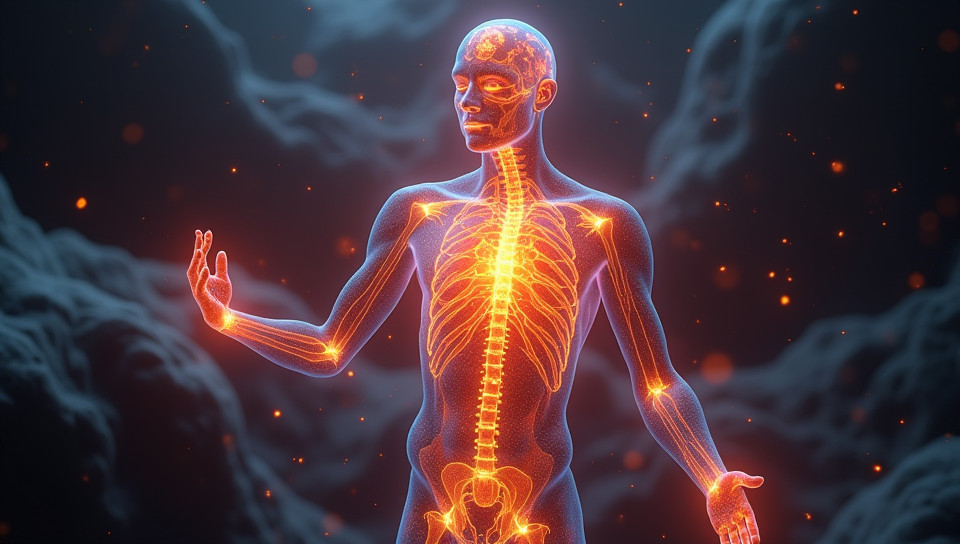Energy healing is believed to stimulate cellular regeneration 64%

Unlocking the Power of Cellular Regeneration
As we navigate the complexities of modern life, it's easy to overlook the intricate dance between our bodies and the world around us. But what if I told you that there's a way to tap into the very essence of our being, sparking a transformative journey towards optimal wellness? For centuries, energy healing has been shrouded in mystery, with many dismissing its benefits as mere fantasy. However, recent discoveries have shed new light on this ancient practice, revealing its profound impact on cellular regeneration.
The Science Behind Energy Healing
While the concept of energy healing may seem esoteric, its effects are grounded in scientific reality. When we experience stress, trauma, or injury, our cells become disrupted, leading to a cascade of negative consequences. Energy healing aims to restore balance by addressing these underlying energetic patterns. By manipulating the subtle energies that flow through our bodies, practitioners can stimulate cellular regeneration, promoting healing and rejuvenation.
The Mechanisms of Cellular Regeneration
So, how exactly does energy healing facilitate this remarkable process? There are several key mechanisms at play:
- Enhancing cellular communication: Energy healing helps restore harmony between cells, enabling them to communicate more effectively and coordinate their functions.
- Boosting cellular repair: By stimulating the body's natural repair processes, energy healing accelerates the regeneration of damaged or dying cells.
- Reducing oxidative stress: By balancing the body's energetic landscape, energy healing mitigates the negative effects of oxidative stress, which can lead to cellular damage.
The Benefits of Energy Healing for Cellular Regeneration
As research continues to uncover the secrets of energy healing, its benefits are becoming increasingly clear. By incorporating this practice into your self-care routine, you may experience:
- Improved overall health and well-being
- Enhanced resilience to illness and disease
- Increased vitality and energy levels
- Deeper emotional balance and spiritual connection
Embracing Energy Healing for a Healthier You
While energy healing may not be a replacement for conventional medical treatment, it can serve as a powerful complement. By exploring the realms of energy healing and cellular regeneration, you'll embark on a journey of self-discovery and growth. As you tap into the profound potential of your body and spirit, you'll unlock new levels of vitality, resilience, and overall wellness.
In conclusion, energy healing has been unfairly marginalized for far too long. By recognizing its capacity to stimulate cellular regeneration, we can reclaim this ancient practice as a vital component of our modern wellness toolkit. As we continue to push the boundaries of what's possible, one thing is clear: the future of health and well-being depends on embracing the intricate interplay between body, mind, and spirit.
- Created by: Alicja Jankowski
- Created at: Jan. 21, 2025, 3:39 p.m.
- ID: 18350
